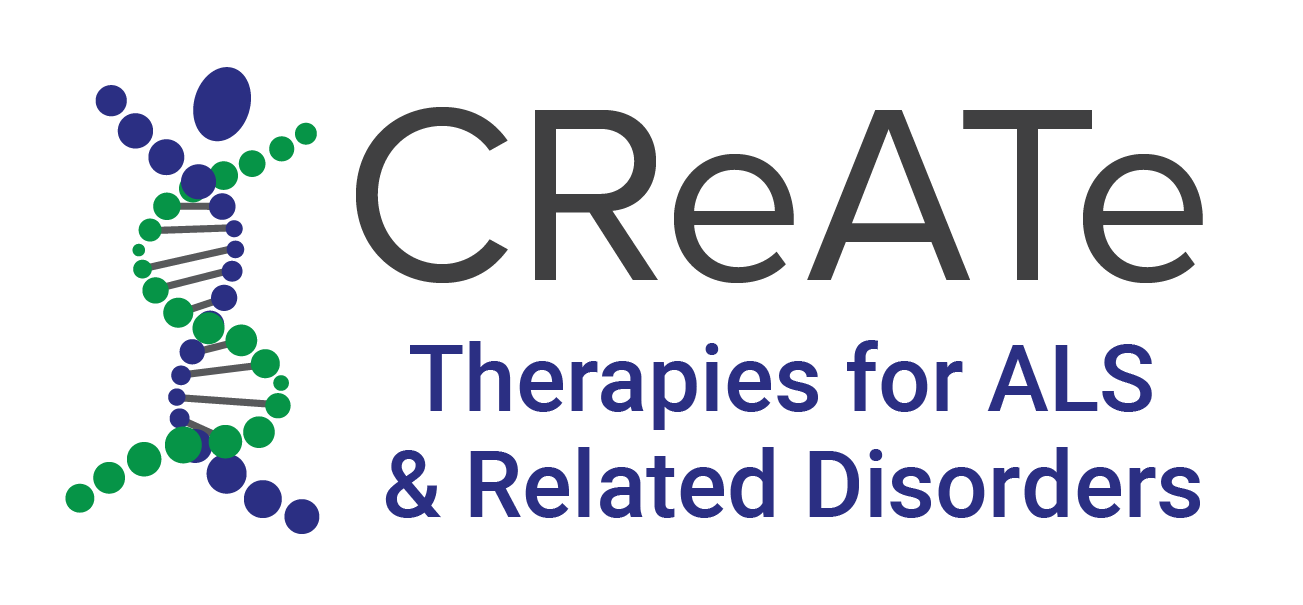Study Summary
The purpose of this study is to learn about rates of disease progression in patients with motor neuron diseases, as reported by the patients while they are outside of clinic. Another purpose of this study is to learn about clinical characteristics that patients report influence this rate of progression. All patients enrolled in CReATe Connect, a Rare Diseases Clinical Research Network (RDCRN) Contact Registry, will be invited via email to participate in this study.
For Diseases
- ALS (Amyotrophic Lateral Sclerosis)
- ALS-FTD (Amyotrophic Lateral Sclerosis - Frontotemporal Dementia)
- PLS (Primary Lateral Sclerosis)
- PMA (Progressive Muscular Atrophy)
- HSP (Hereditary Spastic Paraplegia)
Background
Motor neuron diseases (MND) are a group of disorders with the common feature of progressive loss of motor neurons in the brain and spinal cord which lead to loss of motor functions like walking, dressing, swallowing, or breathing. The majority of patients followed in multi-disciplinary MND clinics will have a clinical diagnosis of ALS. But MND exist on a spectrum from pure upper motor dysfunction (primary lateral sclerosis, PLS or hereditary spastic paraplegia, HSP), to mixed upper and lower motor neuron dysfunction (ALS), to pure lower motor neuron involvement (progressive muscular atrophy, PMA). Some patients have memory or behavioral changes in addition to their motor limitations (ALS with frontotemporal dementia, ALS-FTD).
Functional rating scales have become the standard primary outcome measure for clinical trials of neurodegenerative diseases. The ALS Functional Rating Scale-Revised (ALSFRS-R) was designed to assess the ability of ALS patients to perform activities of daily living and to detect functional changes during clinical trials. The ALSFRS-R is quickly administered by research personnel or study staff (ten minutes) and is a rating scale that assesses capability and independence in 12 functional activities. These include six bulbar-respiratory functions, three upper extremity functions (writing, cutting food, and dressing), and three gross motor functions (walking, climbing, and turning in bed). Each activity is recorded to the closest approximation from a list of five choices, scored 0-4, with the total score ranging from 48 (normal function) to 0 (no function). The ability to use a patient-reported tool like the ALSFRS-R to assess patient function between clinic visits from the home would be a powerful new tool for clinicians to monitor the effect of interventions including: medications, orthotic devices, and respiratory or feeding support. In addition, the usefulness of a scale like the ALSFRS-R in the full range of MND is not known. We developed a new patient-reported survey which incorporates many of the key elements of the ALSFRS to be used by MND patients in between patient visits.
The research questions are:
- What is the feasibility, ease of use, and rates of MND progression of a new patient-reported cactivities of daily living scale (PADL-ALS)?
- Can patient-reported clinical features predict disease progression using the PADL-ALS?
- How will rates of progression seen using the PADL-ALS compare to previously reported disease progression models described for the ALSFRS-R?
About This Study
This is a prospective 12-month study of patients with MND enrolled in CReATe Connect, an RDCRN Contact Registry. Participants will be asked to complete the survey every month for 1 year.
The survey will contain questions about participants’ diagnosis (such as age when symptoms started, where first symptoms occurred) and functional status (things like walking, eating, dressing, breathing). We will ask participants to update their functional status survey (15 questions) monthly for 1 year. Participants may choose to skip any question(s) that make them feel uncomfortable. It should take approximately 20 minutes to complete the survey the first time, then 10-15 minutes for each follow up survey.
Enrollment Criteria
To be eligible to participate, you must be an individual with one of the following:
- ALS (Amyotrophic Lateral Sclerosis)
- ALS-FTD (Amyotrophic Lateral Sclerosis - Frontotemporal Dementia)
- PLS (Primary Lateral Sclerosis)
- PMA (Progressive Muscular Atrophy)
- HSP (Hereditary Spastic Paraplegia)
- OR other motor neuron disease
How to Participate:
No longer recruiting participants.

